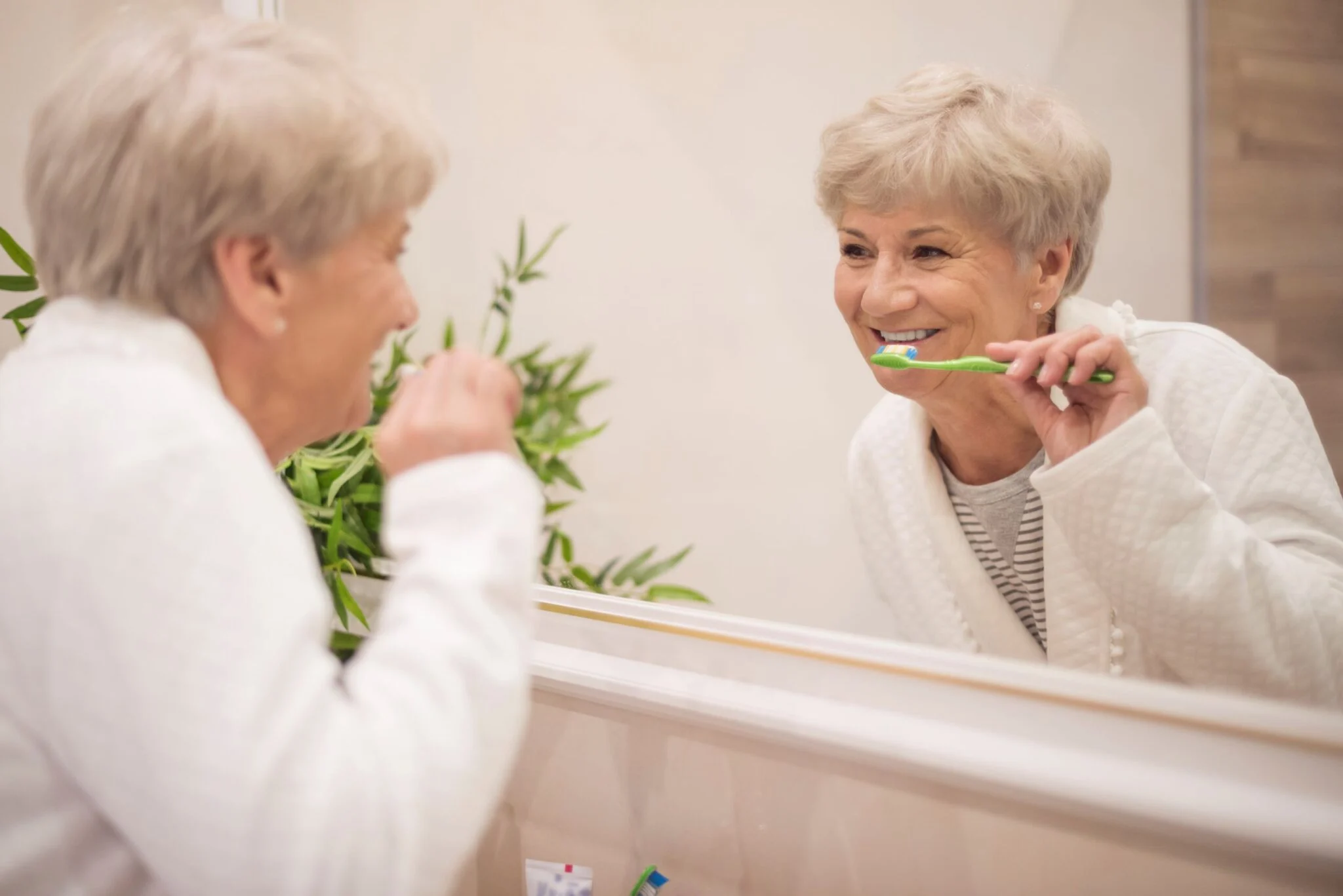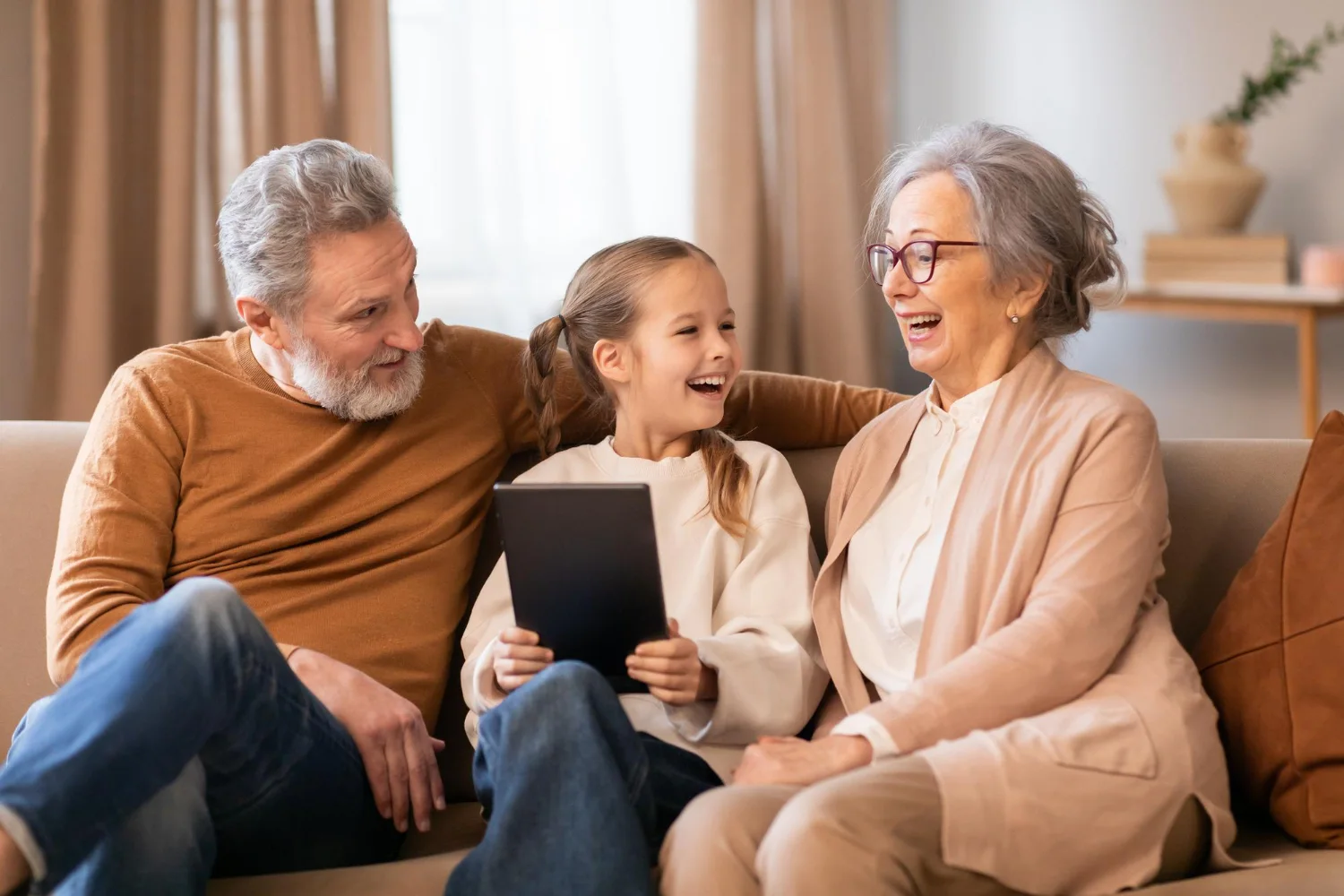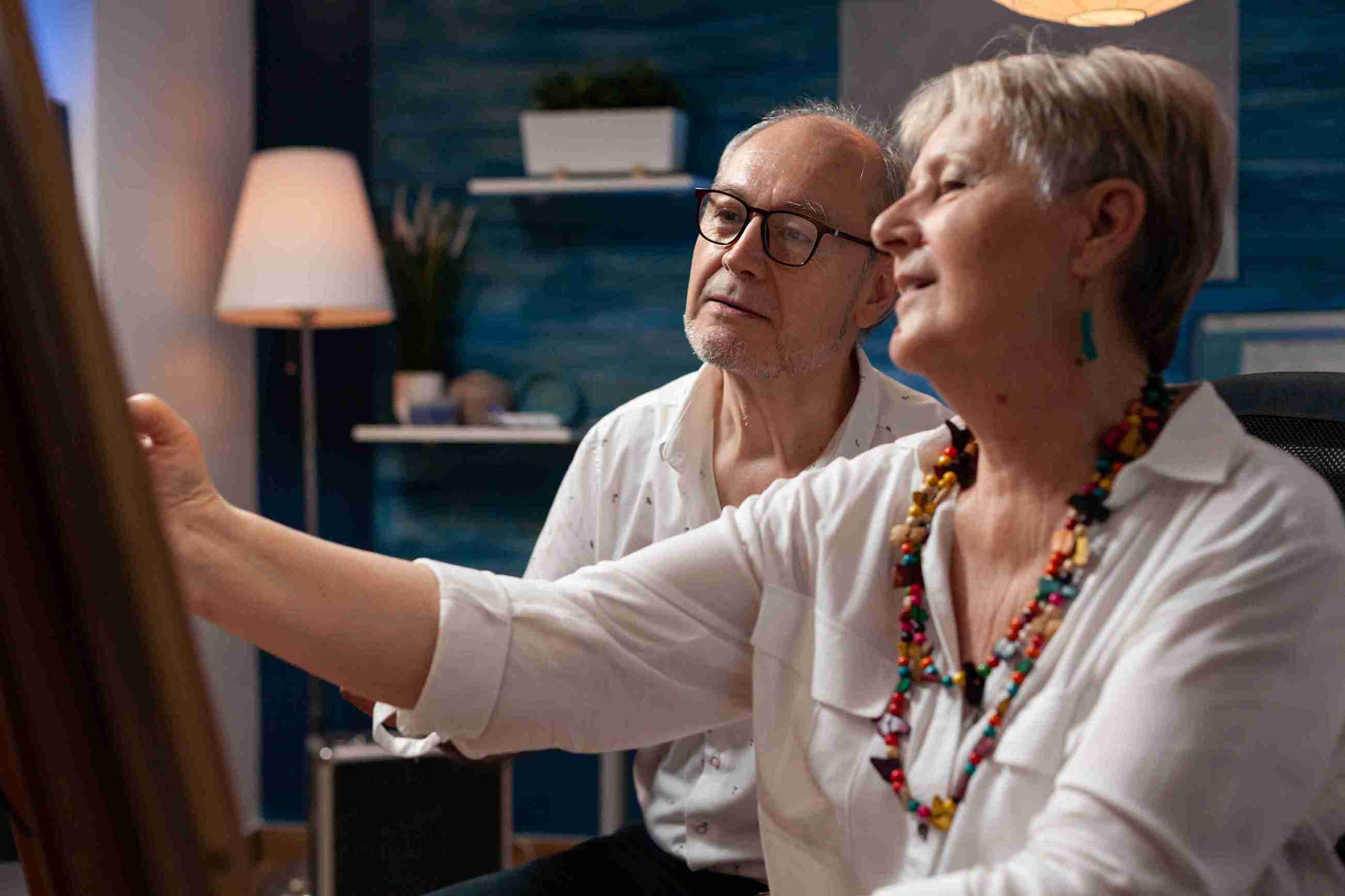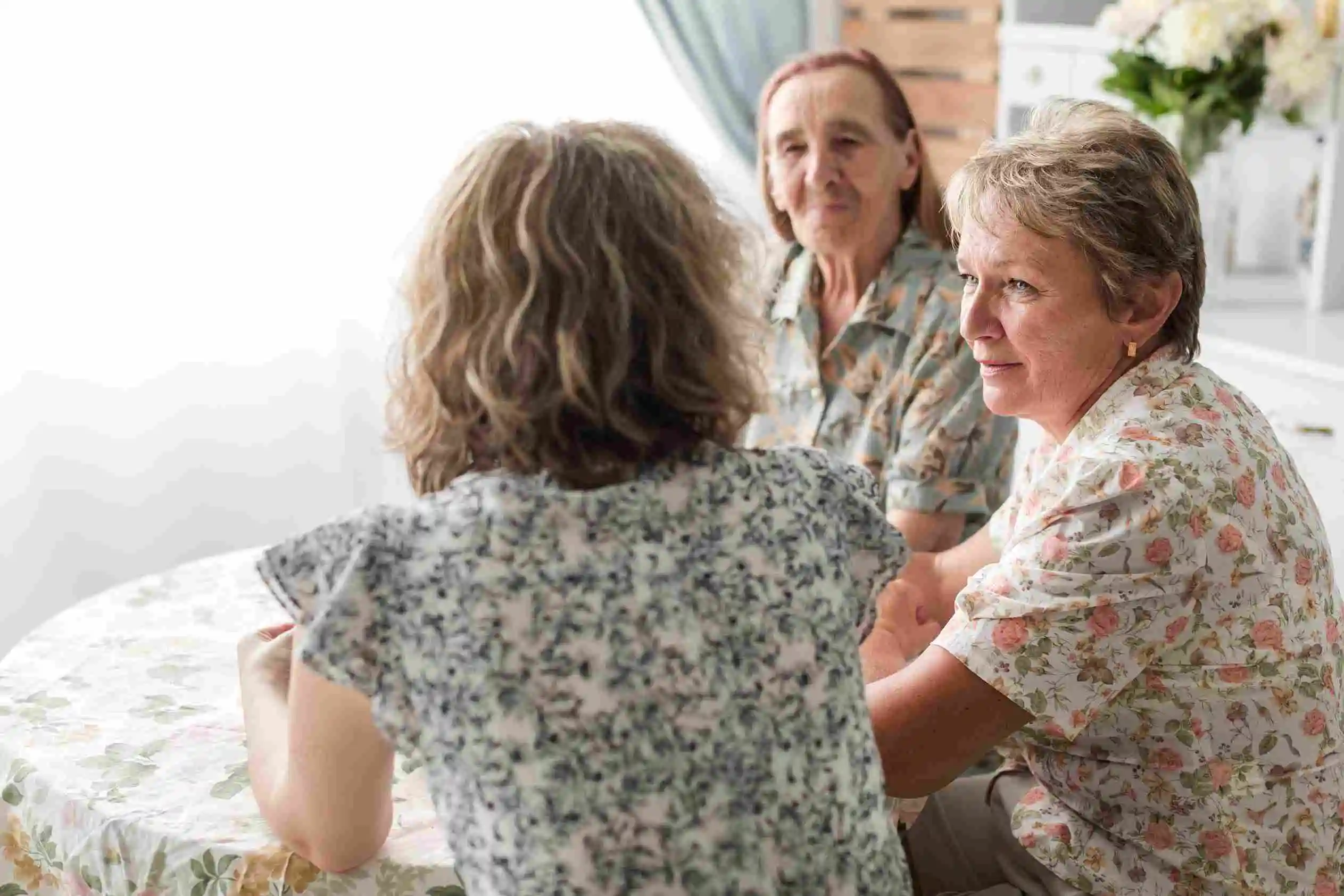Preserving dignity in daily routines is paramount for elderly individuals. In this article, we delve into the crucial aspect of specialized bathing assistance and grooming services, offering insights into how these services contribute to dignified aging. We explore the importance of specialized bathing assistance, emphasizing the need for tailored care plans that prioritize the dignity and preferences of elderly individuals.
Bathing is a fundamental aspect of personal hygiene, but it can become a challenging and potentially distressing task for many elderly individuals. The essence of specialized bathing assistance for elderly lies in recognizing and addressing the unique needs and concerns that may arise during this intimate care routine.
Our discussion will delve into the importance of providing elderly individuals with bathing assistance that goes beyond mere physical care. It involves creating a supportive and compassionate environment where seniors feel respected and in control of their own care. We will emphasize the role of caregivers and senior grooming services in ensuring that bathing assistance for elderly is delivered with sensitivity and attentiveness.
Personalized Care: A Holistic Approach to Bathing Assistance
Discuss the holistic nature of personalized care plans, showcasing how they go beyond physical assistance to address emotional well-being during bathing and grooming activities.
Physical Support: Personalized care plans encompass not only physical support but also a deep understanding of the emotional aspects involved in bathing and grooming activities. Caregivers who implement these plans offer not just assistance with the practical aspects of hygiene but also create an environment where emotional well-being is prioritized.
In this section, we will delve into the holistic nature of personalized care plans, showcasing how they go beyond physical assistance to address the emotional well-being of elderly individuals during bathing and grooming activities. Bathing and grooming are not solely about hygiene; they are essential daily rituals that can significantly impact an individual's sense of self-esteem, comfort, and emotional well-being.
Personalized care plans recognize the unique needs, preferences, and sensitivities of each elderly individual. They take into account factors such as past experiences, physical limitations, and emotional comfort levels. By tailoring the bathing and grooming assistance to the individual, caregivers can create a sense of trust and rapport, fostering a more comfortable and dignified experience.
We will explore how personalized care plans incorporate communication, choice, and respect into the process. These plans prioritize open and respectful dialogue between caregivers and elderly individuals, allowing the latter to express their preferences and concerns. This approach empowers seniors to have a say in their care, reinforcing their sense of autonomy and dignity.
Additionally, we will highlight the significance of using appropriate hygiene products for elderly individuals and ensuring that bathing facilities for the elderly are designed with safety, comfort, and accessibility in mind. These considerations are integral to the holistic approach of personalized care, which seeks to address all aspects of an individual's well-being during bathing and grooming activities.
The Role of Compassionate Caregivers in Bathing Assistance
In the following section, we will shift our focus to the pivotal role of caregivers in providing compassionate and dignified bathing assistance. Caregivers play a central role in upholding the dignity of elderly individuals during these intimate care routines.
We will discuss the qualities and training necessary for caregivers to excel in their roles. Compassion, empathy, and patience are essential attributes for caregivers to possess as they interact with elderly individuals who may feel vulnerable during bathing and grooming activities. Effective communication skills are also critical, as caregivers need to establish trust and maintain open lines of dialogue.
Furthermore, we will emphasize the importance of caregiver training programs that equip individuals with the knowledge and skills required for specialized bathing assistance. These programs not only focus on physical care techniques but also emphasize the emotional support and psychological aspects of caregiving. Caregivers trained in this holistic approach are better prepared to provide dignified bathing assistance and support the emotional well-being of elderly individuals.
By addressing the holistic nature of personalized care plans and the crucial role of compassionate caregivers in bathing assistance, this article aims to shed light on how elderly individuals can maintain their dignity and well-being during these essential daily routines.
Creating Comfortable Environments for Elderly Bathing Facilities
In this section, we will explore the paramount importance of creating comfortable and secure environments within bathing facilities designed for the elderly. The significance of these environments lies in their ability to cater to the unique needs and preferences of senior individuals while ensuring their safety, dignity, and overall well-being.
Sensory Elements: We will delve into the sensory elements that contribute to the creation of a calming and dignified atmosphere within these facilities. Considerations such as soothing colors, non-slip surfaces, and ergonomic seating play a crucial role in making seniors feel at ease during their bathing routines. These sensory elements aim to enhance the overall comfort and dignity of the bathing experience.
Lighting: Adequate lighting is of paramount importance in elderly bathing facilities. We will discuss how well-planned lighting not only ensures safety but also influences the emotional well-being of seniors. Proper lighting can create a warm and inviting ambiance, contributing to a sense of security and comfort.
Temperature Considerations: Maintaining the right temperature within these facilities is essential to prevent discomfort and ensure a pleasant bathing experience. We will address the specific temperature considerations necessary to cater to the needs of elderly individuals, ensuring that they can enjoy their baths without feeling too hot or too cold.
Empowering Independence: Self-Care Techniques for Seniors
In the subsequent section, we will explore various strategies to empower seniors to actively participate in their bathing routines. Preserving independence is a core component of dignified aging, and self-care techniques can play a pivotal role in achieving this.
Tailored Self-Care Techniques: We will discuss tailored self-care techniques designed to meet the unique needs of seniors. These techniques aim to enable elderly individuals to take an active role in their personal care routines. By incorporating these techniques, seniors can maintain a sense of autonomy and control over their daily lives.
Adaptive Tools: Additionally, we will explore the use of adaptive tools and assistive devices that promote independence and dignity during bathing. These tools are designed to enhance seniors' ability to engage in self-care while minimizing physical strain or discomfort.
Therapeutic Benefits of Specialized Bathing Assistance
In this section, we will delve into the therapeutic benefits that specialized bathing assistance offers to the emotional well-being of seniors. Beyond addressing physical hygiene, we will emphasize how dignified bathing assistance positively impacts mental health and overall mood.
Emotional Well-being: We will discuss how dignified bathing assistance can reduce feelings of anxiety, depression, and isolation among elderly individuals. These emotional benefits contribute to an enhanced overall quality of life for seniors.
Case Studies: Success Stories in Dignified Bathing Assistance
Our article will feature real-life case studies that exemplify successful outcomes achieved through specialized bathing assistance. These case studies will provide concrete examples of approaches and strategies that have led to positive experiences for both elderly individuals and their caregivers.
Senior Grooming Services: Enhancing Well-being Through Personal Care
In this section, we will discuss the significant role of senior grooming services in maintaining overall well-being among elderly individuals. These services contribute not only to physical hygiene but also to a sense of dignity, pride, and self-esteem.
Bathing Tips for Elderly: Maintaining Hygiene and Dignity
The subsequent section will provide practical bathing tips tailored to elderly individuals. We will address hygiene concerns while maintaining a focus on dignity, and we will explore the use of hygiene products specifically designed for seniors to enhance their comfort and well-being during bathing routines.
In conclusion, this article has highlighted the integral role of specialized bathing assistance and elderly bathing services, including hospice care, in promoting dignified aging. Our exploration has encompassed various aspects, from creating comfortable environments and empowering independence to emphasizing the therapeutic benefits of specialized assistance and providing practical tips for maintaining hygiene and dignity. The key takeaway is the importance of a compassionate and personalized approach to elderly care, which not only enhances the overall quality of life for seniors but also respects their dignity and independence.

















.webp)




.webp)


